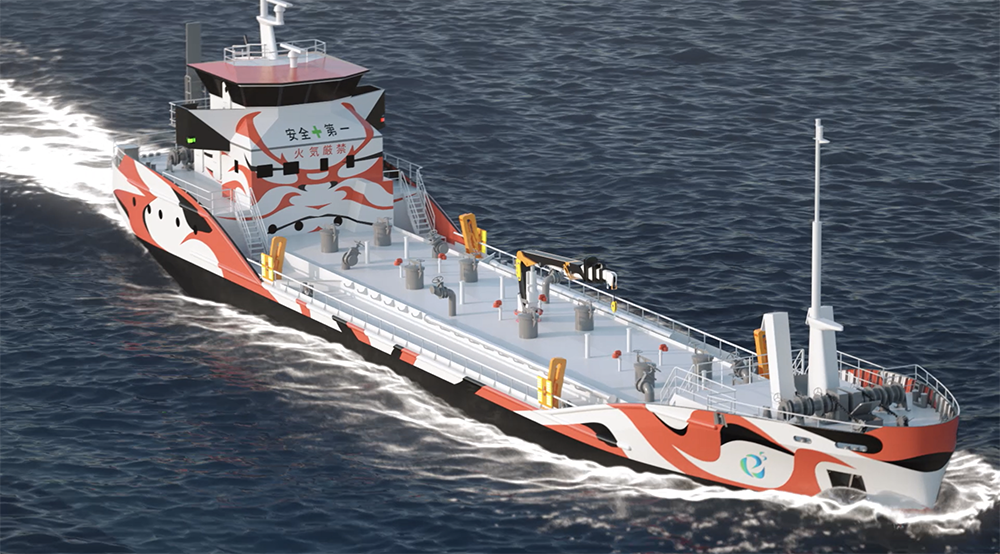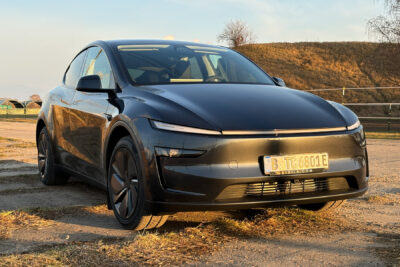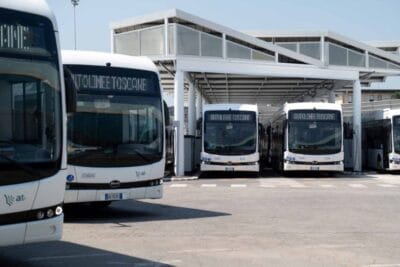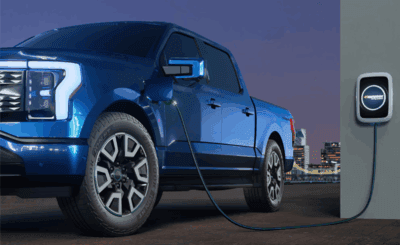Corvus to develop fuel cell system for ships with Toyota
The Canadian-Norwegian battery specialist Corvus Energy has announced that it will start developing and producing maritime fuel cell systems on a large scale in cooperation with Toyota.
Corvus Energy’s new fuel cell division will design and certify the marine fuel cell system using Toyota technology as a building block for larger systems. The agreement secures Corvus access to proven fuel cell technology – think Toyota Mirai – while enabling large-scale production and competitive pricing. The fuel cell system should be ready for series production by 2024.
Corvus Energy is part of a Norwegian development community with Equinor, the shipowners Norled and Wilhelmsen, the ship design company LMG Marin, the NCE Maritime CleanTech Cluster and the research and development institution of the University of Southeast Norway (USN). The project is funded with 5.2 million euros by the state agency Innovation Norway.
A ship control system will be developed for the fuel cell system hat combines battery and fuel cell operation and will enable easy integration into energy management systems from various system integrators. The Canadian company with offices in Norway plans to scale up this fuel cell system backed by its partners Norsk Hydro, Equinor, Shell and BW Group.
Corvus says that its development partners USN and NCE Maritime CleanTech will be contributing to the safety of the hydrogen technology. Simultaneously, Equinor, Norled, Wilhelmsen and LMG Marin will bring what Corvus says is “key experience” from ongoing hydrogen projects. The plan is to unveil the fuel cell system in 2023, with production taking place in Bergen, Norway, from 2024.
Geir Bjørkeli, CEO of Corvus Energy, calls the fuel cell project a “natural step” to be the leading provider of zero-emission marine solutions. “Fuel cell technology has reached a level of maturity where scaling systems will be the next step,” Bjørkeli said. “Toyota is at the forefront of development and is by far the best partner for us to make this a success.”
A battery order from Japan
Besides this certified foray into fuel cell marine applications Corvus has also made the simultaneous announcement that it has been commissioned to supply the energy storage system for the first electric ship from the Japanese consortium e5 Lab. This consortium is made up of four Japanese companies that have set out to build electric ships together. The joint venture between Mitsubishi, Asahi Tanker, Exeno Yamamizu and Mitsui O.S.K. For this currently announced order, Kawasaki Heavy Industries (KHI) will provide the propulsion for the ship (pictured below), integrating Corvus’ ‘Orca ESS’ with 3,480 kWh.

Corvus Energy says that Asahi Tanker’s vessel is the first of two all-electric vessels to be built from the e5 Lab initiative. The battery-powered ship is expected to go into service in bunkering operations in Tokyo Bay by 2022. The idea, originally proposed by e5Lab and Asahi Tanker, is that vessel will also be able to make its battery power available to emergency services in the case of a natural disaster in Tokyo.
Toyota’s role in maritime fuel cell systems
Toyota’s recently established Fuel Cell Business group in Brussels will support Corvus Energy and the consortium members to offer fuel cell solutions for marine applications. Toyota Thiebault Paquet, Director of the Fuel Cell Business Group at Toyota Motor Europe, says “This project will play an important role in developing the Hydrogen Society.”
Regarding the fuel cell technology from Toyota, this is by no means the first time Toyota has certified its fuel cell technology outside the car industry. The H2.CityGold fuel cell bus from Portuguese manufacturer CaetanoBus uses fuel cells familiar from the Mirai. In December just passed, the Japanese company revealed that it will continue to drive hydrogen commercial vehicle development in Japan and the US. The company and its subsidiary Hino Motors have agreed with three major retail chains to test fuel cell light commercial vehicles at home. In California, Toyota is charging ahead with near-production heavy-duty FC trucks.
Corvus says that the production of fuel cell maritime systems will be Norway’s first of its kind. The Canadian company sees this development as strengthening Norway’s pole position in the global efforts towards decarbonizing shipping. On the purely battery-electric front, Corvus has already engaged in several cooperations with Norwegian Electric System (NES).
corvusenergy.com (fuel cell system), corvusenergy.com (Japan)





0 Comments